Author: Fredrik Haga, co-founder of Dune Anlystic
We just recently announced we raised $69.42 million in Series B funding at a unicorn valuation. When we founded Dune in Oslo, Norway in 2018, Mats Olsen and I started as first-time entrepreneurs from the ground up in the crypto fringe industry. Today, just 3 years later, we are a unicorn company with only 16 employees. This post is our funding story.
pre-seed round
When: March 2019
Size: $250,000
Funding period: 7 months
Team size: 2 founders
This is by far the hardest round we've raised. At the time we had just started Dune and had very few social connections in the crypto space. We knew from the beginning that if we stayed only in Norway, we probably wouldn't find any potential clients or investors who understood what we did.
We initially focused on sorting out the Ethereum data and getting our first client before spending time on fundraising. Just two weeks after Dune launched, we flew to ETH Berlin and started pitching the idea of our product metrics dashboard - the "Crypto Hybrid Dashboard". Just 3 months later, we signed Dharma as our first client. On December 1st of that year, we submitted the cleaned up Ethereum data to them, and they paid us $600 per month. This was a huge win because at the time almost no one in the nascent crypto space had paying customers.
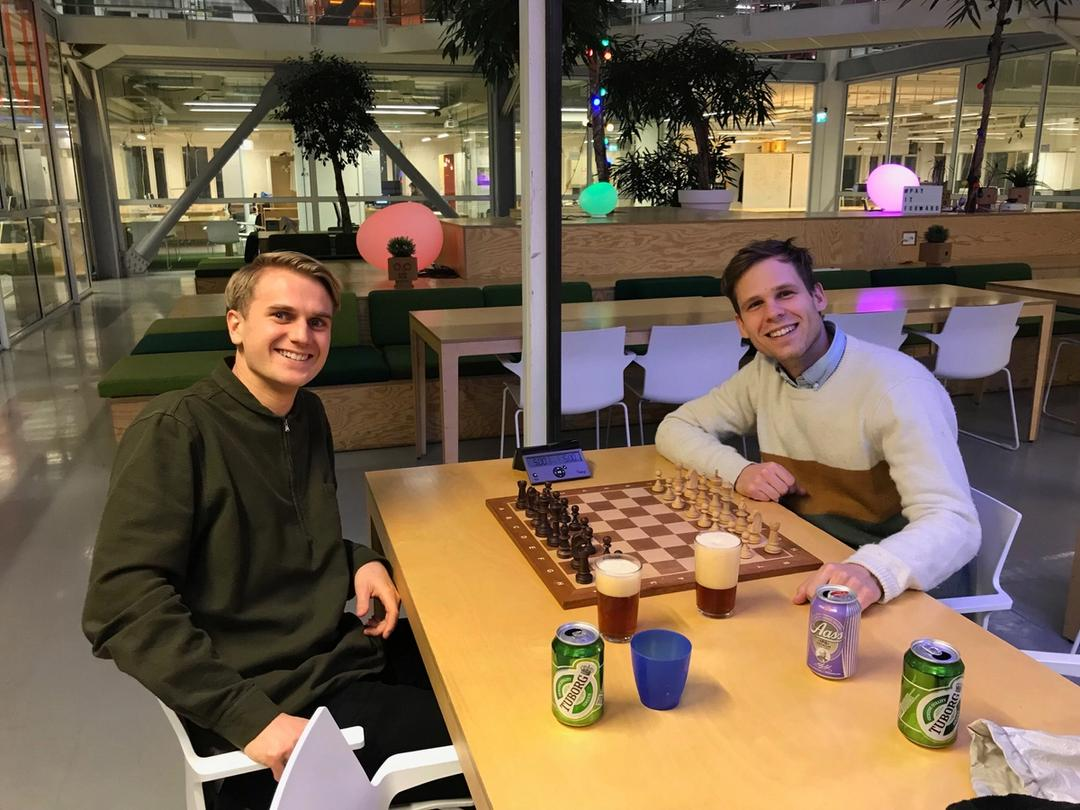
The photo above is of Mats and I celebrating our first client with an IPA and chess.
With hopes for paying customers and months without a paycheck, I focused on fundraising in late fall of that year, assuming we'd be able to raise a seed round by the end of the year. Things didn't go so well. The fundraising process is brutal. At the time, traditional venture funds didn’t pay much attention to cryptocurrencies, and there were probably fewer than ten true crypto funds. By Christmas of that year, we had had about 50 conversations with investors, but we hadn't even gotten to the point where we were discussing the terms of the financing.
The main drag is that the addressable market for encryption tools is very small, and there is no business to do with encrypted data because it is all open. By Christmas 2018, it was clear we might not be getting funding anytime soon. Bankruptcy crisis, no salary, we were getting 10 rejections a day or no response, it was a tough time.
Over the Christmas period, we thought long and hard about the resistance we encountered. We started Dune in part because Ethereum and cryptocurrencies represent a new and more meaningful financial infrastructure that's perfect for builders. We believe this deeply and have largely ignored all investor concerns about market size.
However, we do see criticism of access to B2B dashboards when it comes to data openness, a tool that may not be too powerful when the underlying data is open. At this point we have two paying customers and that's our only draw. We decided to take the plunge and made the difficult decision to move to a free and open community product.
We realized that the powerful effect here would be embracing and accelerating the openness of data, rather than selling closed dashboard products similar to Web 2 data products.
image description
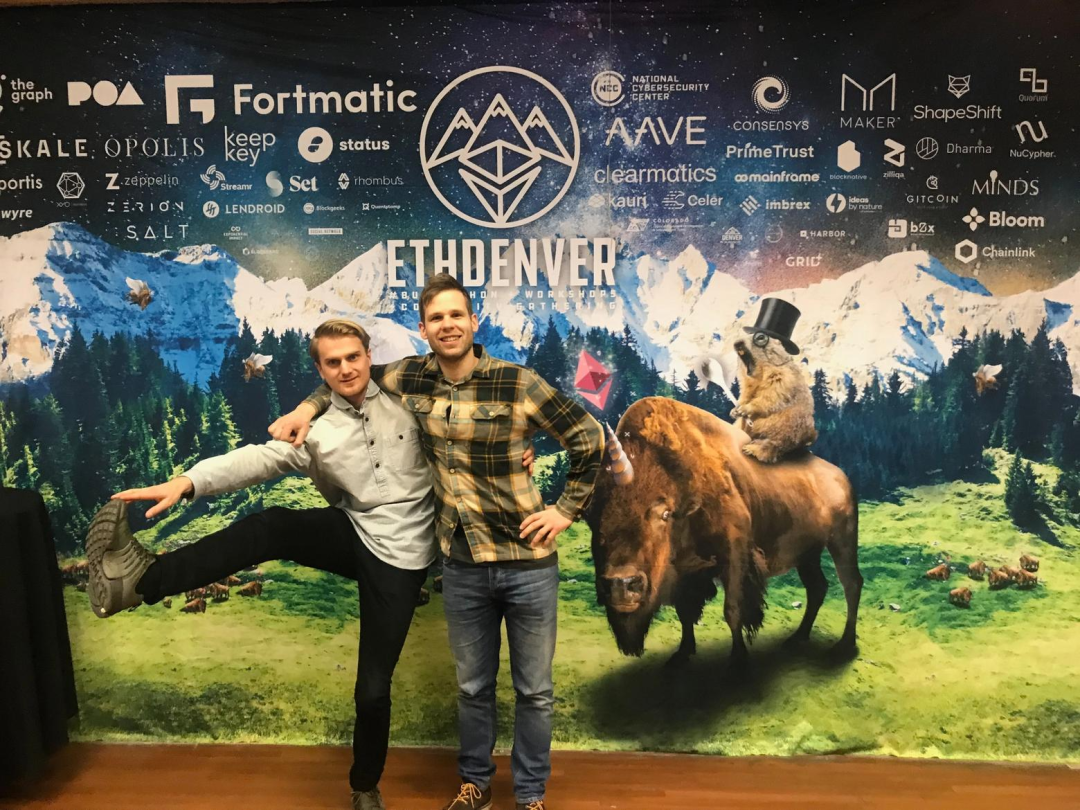
(Above) We are at ETH Denver 2019 just a few weeks before Dune may have to be abandoned due to lack of funds.
After being accepted into the accelerator, I remember getting on the phone with Mats and lying on the floor ecstatic that we had finally secured Dune's continued presence. After 7 months of no paycheck, the next paycheck of $4,000 was the best paycheck I've ever gotten in my life.
seed round
seed round
When: August 2020
Size: $2 000 000
Fundraising time: 15 months
Team size: 2 people
At the end of Binance Accelerator in spring 2019, they had a pitch day in San Francisco and everyone was trying to raise a seed round. If I recall correctly, 1 or 2 of this batch of 10 companies managed to raise a seed round. Of course, we're not here.
We went home to Oslo, kept our burn rate to a minimum and didn't hire anyone. Mats and I make $50,000 a year and keep going. Building a product, backfilling missing data, talking to users, tweeting a dashboard, participating in a hackathon, sharing a room in a crappy hotel (I snore a lot - sorry, Mats!), offering service support, Take calls from users to help them learn SQL, and: Try raising a seed round.
image description
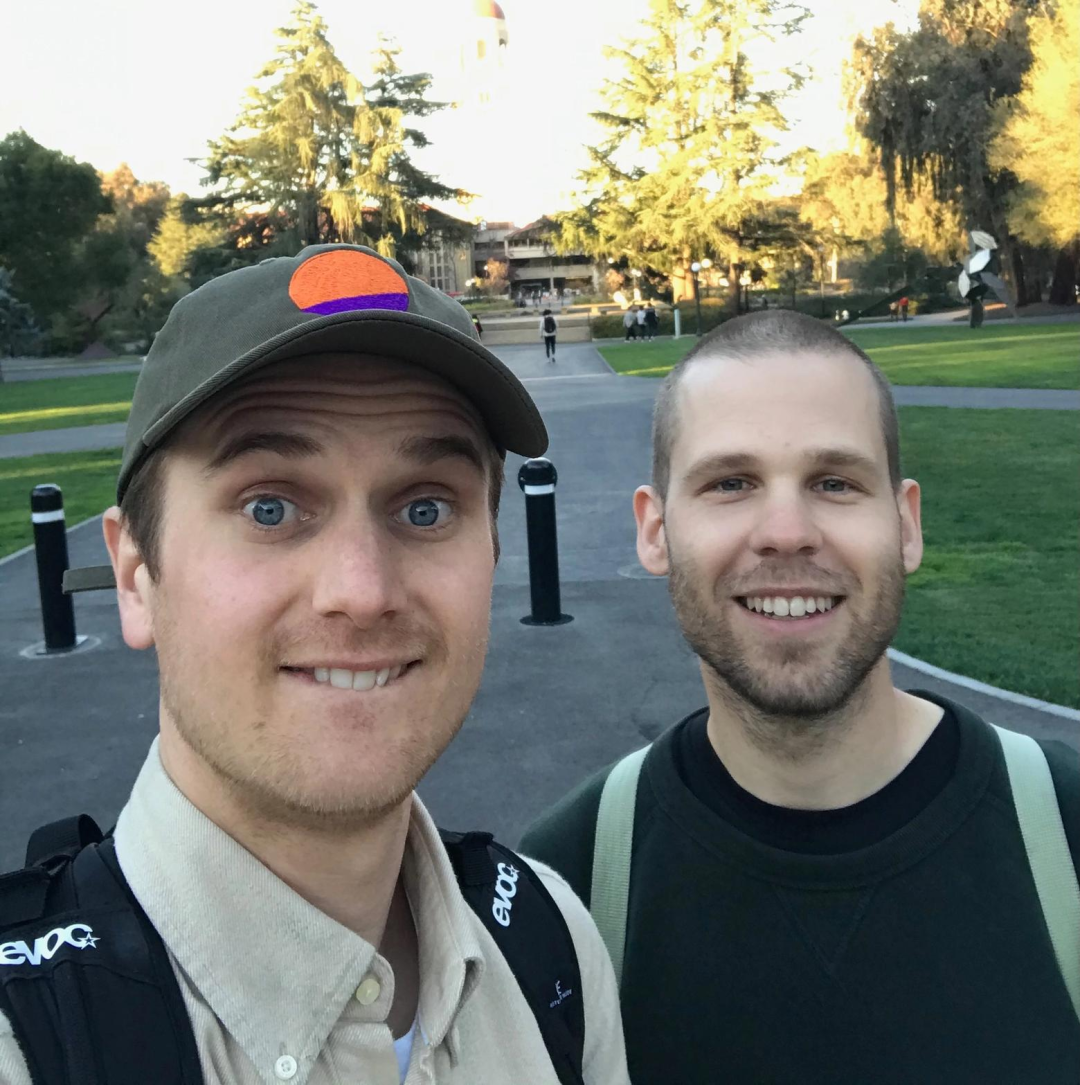
(Above) Mats and I pitched Dune in Palo Alto in February 2020 in an unsuccessful attempt to raise $1 million.
Dune was born and raised in a crypto bear market. Finally, in the summer of 2020, the bear market is coming to an end. “DeFi summer” has arrived, and Dune has become the key destination for tracking all the humble yield farming schemes, staking rewards, and crazy “yam (YAM)” craze. We're achieving $60,000 in ARR and growing our key metrics around 5% week over week.
A round
A round
When: May 2021
Size: $8 000 000
Team size: 6 people
Funding time: 1 week
By the end of 2020, v1 of our application (a fork of the open source analytics tool Redash) was overwhelmed as we scaled to a few thousand users. Redash was a great MVP for us, but the query execution queue was in the thousands, the application was slow and heavy, we didn't have a proper public user profile, etc. Something needs to be done. After more than two years of being a two-man team with no salaries and low salaries, we finally had the money to hire more teammates. In Q1 2021, the four-person Dune team consisting of the two founders and our first employees Wilhelm and Vegard (+ a consultant) took on an ambitious project: rebuilding the Dune app from the ground up.
We don't know how long it will take, but it's certainly a massive effort. Thousands of queries, user flows, and visualizations need to be supported. After a lot of hard work, we released Dune v2 on March 18th - we delivered faster and better than we expected. A small, dedicated team can go from 0 to 100 quickly.
By late April of that year, we felt good, the cryptocurrency continued to grow, and we hired a few more team members, bringing our total team size to six. Over the past few months, we've also begun to see something we're not used to: what investors think of us. They've been checking out the Dune charts on Crypto Twitter and wanting to talk to us. While we felt like the seed round had just closed, we realized there was a real opportunity here.
In late April, we said fuck him and decided to conduct A round of financing. Mats and I made a decision on a Friday. I turned around and asked the VCs I knew if they would be interested in chatting in a week. Over the weekend, I put together a PowerPoint and started a loop before the conference call. I remember saying to my girlfriend, "I'm not sure if I'll have time in a month to go on a weekend ski trip together because I'll probably be busy financing by then."
image description
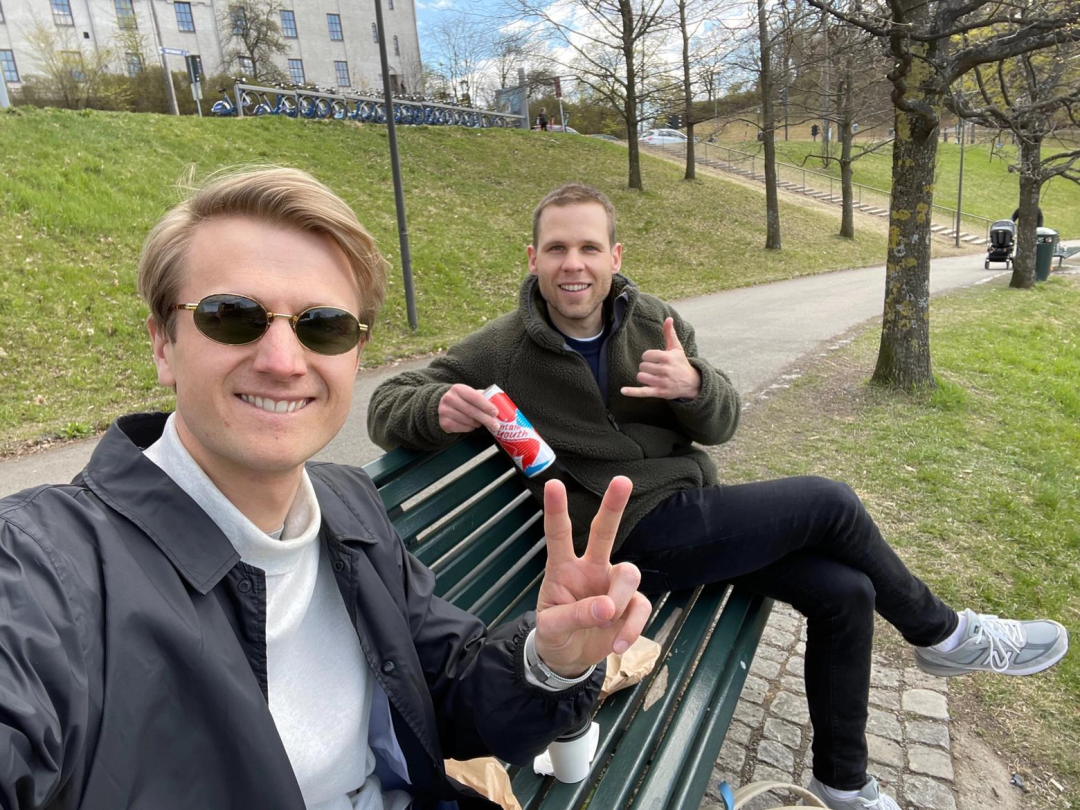
(Above) The two of us take a walk in the park while deciding on the financing terms form
B round
B round
When: November 2021
Size: $69,420,000
Team size: 16
Fundraising time: 0 days
6 months after Series A funding. Cryptocurrencies continue to get hotter and more mainstream, NFTs explode, you can track OpenSea transaction volume on Dune, and many other things. Our key metrics continue to grow at 30% monthly. It's growing at an incredible 175%/month from Aug-Sept 2021 - all organically with zero marketing spend. We also expanded the team to 16 people.
In stark contrast to two years ago, all tech investors want their crypto into Dune, and they're sure to see Dune charts everywhere. After the Series A, we had become indifferent to investors who wanted to chat with us, and I turned down requests from investors every day. At the end of the day, everything we do is about building the product, the community, the team, so that's what we've been doing.
However, sometime in October 2021, Coatue finally managed to reach out to us despite our vehement rejection of VCs, and I had a 30-minute chat with them. They were impressed with Dune, showed a deep understanding of what we were doing, and wanted to let them know if we were raising money. I told them we were not financing.
We didn't get back in touch for a few weeks and then they started reaching out to me again saying they had done due diligence on us from the outside in. It was certainly fun, we had a quick phone call and they showed me 40 slides with a lot of customer interviews and insights into our market opportunity. Everything looks fine and they say let us know if you are financing. Again, I said "cool, but we're not raising money".
A few weeks later, I got another call from them and they wanted to talk for 10 minutes. At this point, I'm experienced enough to understand what that means: preemptive financing terms form. I answered the phone, and sure enough: they wanted to invest $50 million at a $500 million valuation—a pretty solid markup on our Series A round half a year ago. They also showed me some really impressive data they were tracking, which gave them a strong belief in what we were doing from the outside in.
During this call, I also realized that they are based on the West Coast of the US, not New York as I thought. For this, they answer the phone at 5am to meet my proposed European time slot. Knowing their location, I said I'd be happy to answer the call later in the evening, but they just replied "we'll work in your time zone, don't worry".
However, we still didn't really want to raise money, so I told them they had to make us an offer we couldn't refuse, and told them, "Billion dollar valuation, we'll see". They told me they'd have to discuss it internally, but it didn't sound like a total possibility.
image description
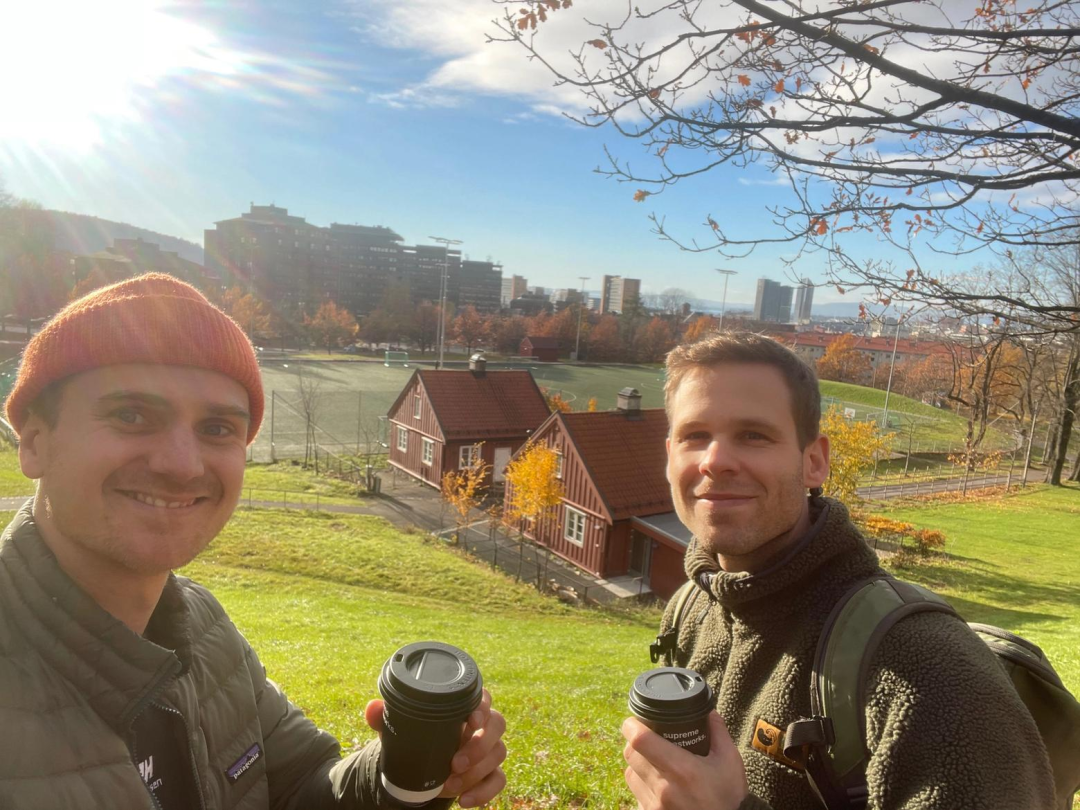
(Above) We drink coffee and make the decision to raise Series B funding
Getting the funding to build Dune has been a difficult journey, with many serious struggles and some amazing moments of joy. Interestingly, there is basically a negative correlation between funding size and funding time. If you're building a start-up, remember that things can change quickly, you can grind for a long time with little or no progress, but when you're successful, things can move ridiculously fast. Just 3 years ago we started from zero - now we are a unicorn.